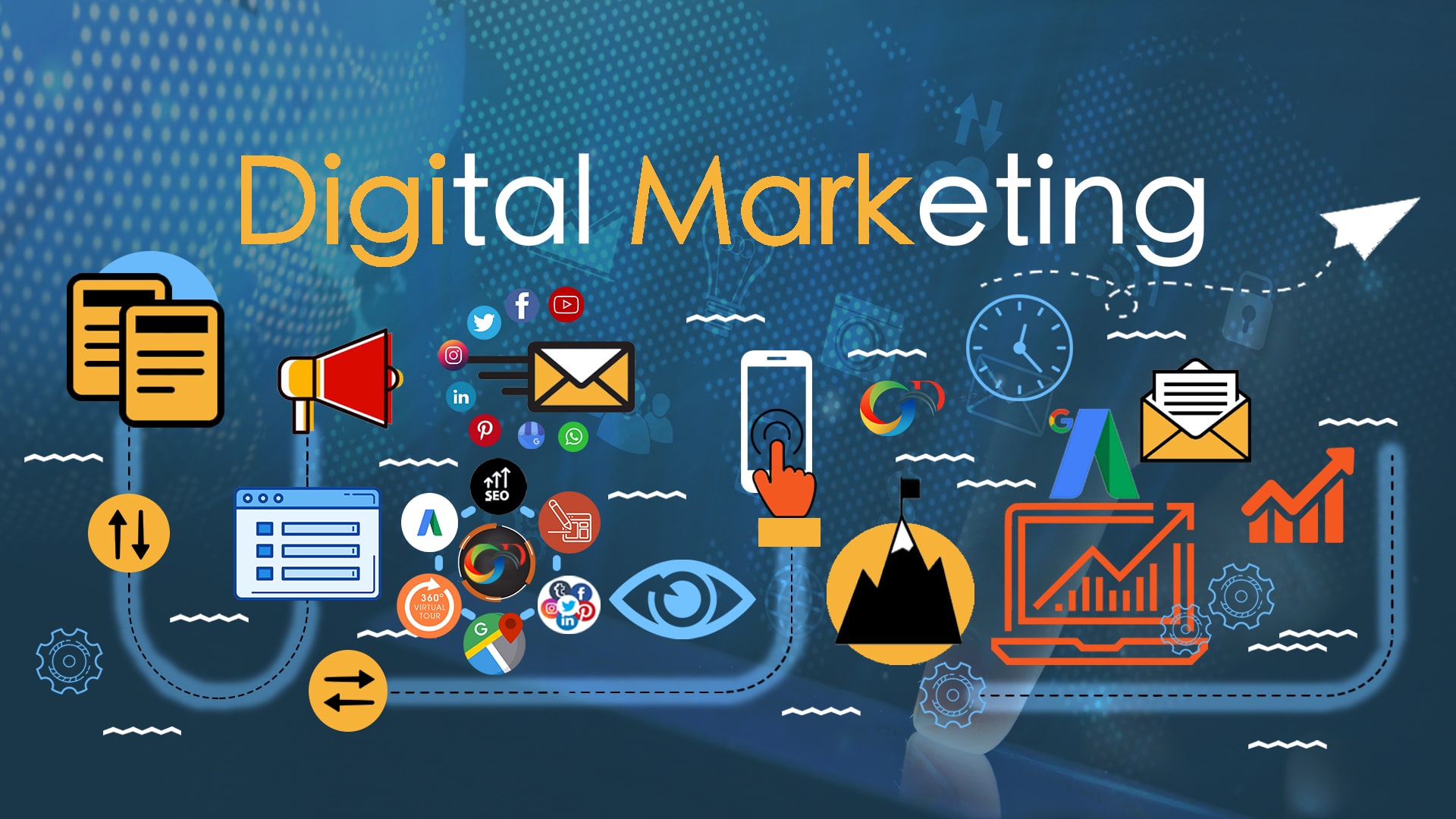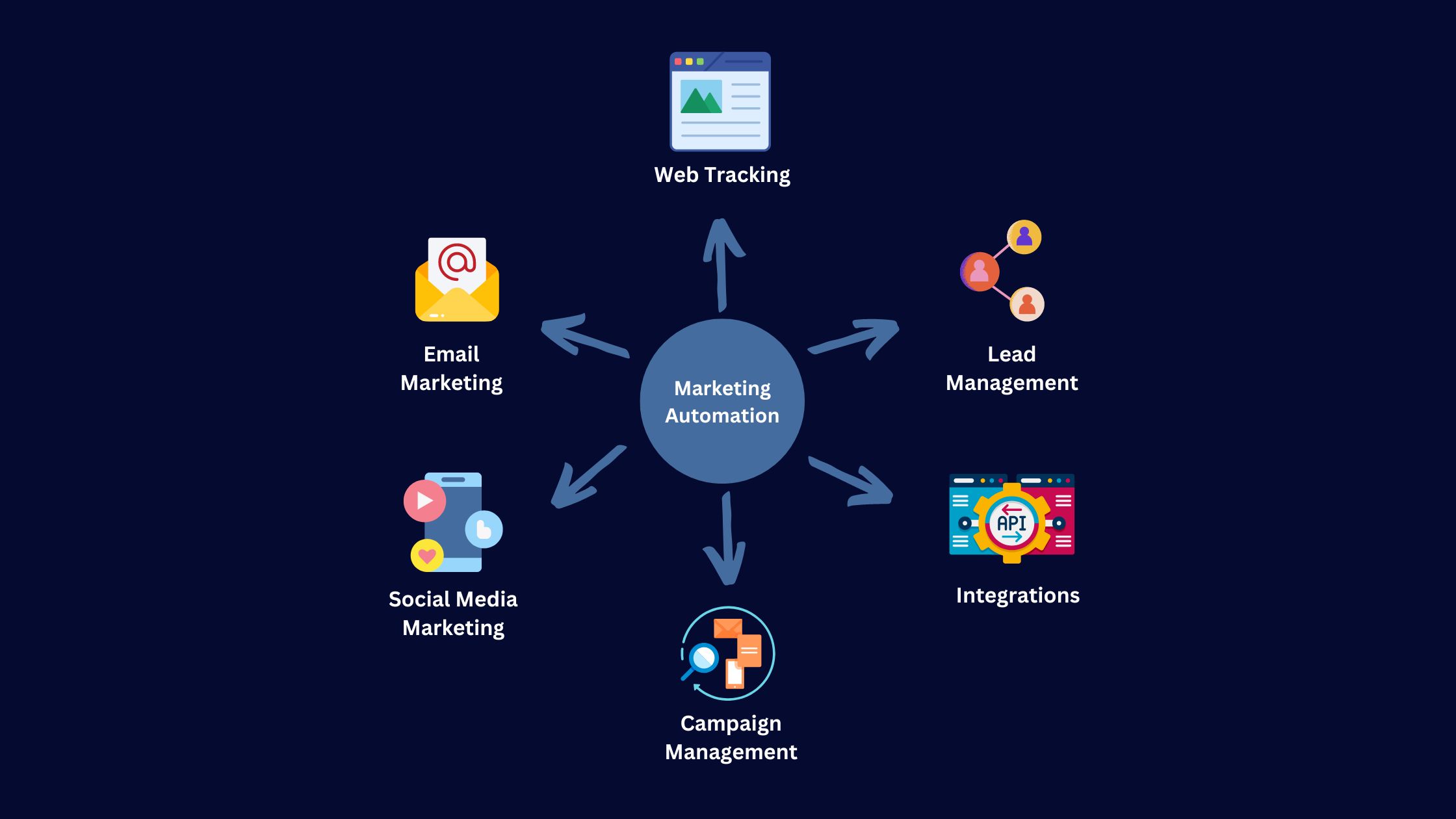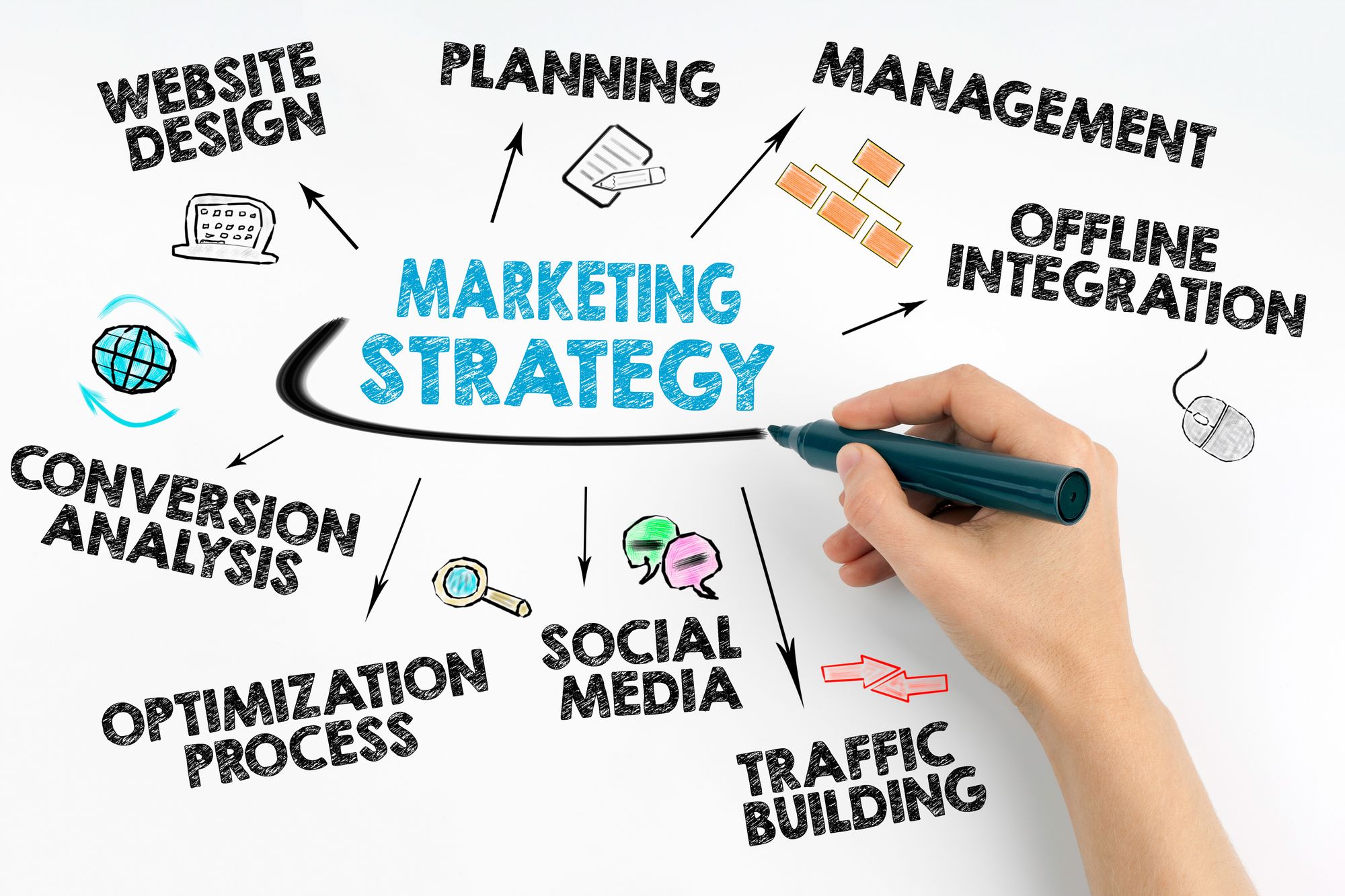In today’s fast-paced, technology-driven world, digital marketing has become the cornerstone of business success. The modern era of marketing is no longer confined to traditional methods, such as TV ads or billboards. With the advent of the internet, social media, and other digital platforms, businesses now have unprecedented opportunities to reach a global audience. Digital marketing, when executed correctly, can significantly boost your brand’s visibility, customer engagement, and overall revenue. In this article, we will explore the key strategies, tools, and techniques to master digital marketing in the modern era.
Key Takeaways
- Consistency is key: Building a strong online presence requires consistent effort in SEO, content creation, and engagement with your audience.
- Data-driven decisions: Use analytics to track performance and optimize your strategies based on data.
- Social media is powerful: Social platforms are crucial for connecting with potential customers and building brand awareness.
- Personalization drives engagement: Tailoring your marketing efforts to individual preferences leads to better results.
- Content creation is crucial: Offering valuable, relevant content keeps your audience engaged and positions your brand as an industry authority.
Understanding Digital Marketing in 2025

Digital marketing refers to all marketing efforts that involve electronic devices or the internet. With the rise of smartphones, social media platforms, search engines, and websites, it has become essential for businesses to adopt digital marketing strategies to stay competitive. Here are some key components of digital marketing:
- Search Engine Optimization (SEO): The art and science of optimizing your website so it ranks higher in search engine results. The higher your website ranks, the more visible it is to potential customers.
- Content Marketing: Creating and distributing valuable, relevant content to attract and engage your target audience. Content could include blogs, videos, podcasts, or even interactive infographics.
- Social Media Marketing: Utilizing platforms like Facebook, Instagram, Twitter, and LinkedIn to engage with customers, share content, and build a community.
- Email Marketing: Sending personalized, targeted emails to your audience, which helps to nurture leads and maintain relationships with customers.
- Pay-Per-Click (PPC) Advertising: A model of digital advertising where businesses pay a fee each time their ad is clicked. Google Ads is the most common form of PPC.
- Affiliate Marketing: Partnering with influencers or other businesses to promote your products/services, typically in exchange for a commission on sales.
- Influencer Marketing: Collaborating with individuals who have significant followings on social media or other platforms to promote your brand.
- Video Marketing: Using video content to reach, engage, and persuade potential customers. Platforms like YouTube and TikTok have made video marketing highly effective.
Key Digital Marketing Strategies for Success

In order to master digital marketing, businesses need to adopt certain strategies that will lead to long-term success. Below are the most effective strategies for succeeding in the digital marketing landscape:
1. Develop a Strong Online Presence
Before you can execute any digital marketing strategy, your business needs a solid foundation. This includes:
- Creating a user-friendly website: Ensure your website is mobile-optimized, loads quickly, and provides an excellent user experience. A poor website will drive potential customers away.
- SEO optimization: Invest in search engine optimization to increase organic traffic and ensure your site is discoverable on search engines.
- Brand consistency: Maintain a consistent tone, style, and branding across all your digital channels. This helps build trust and recognition.
2. Content is King
The phrase “Content is King” still holds true in the digital marketing world. High-quality content can drive traffic, increase engagement, and improve conversion rates. Here’s how to leverage content marketing effectively:
- Blog posts and articles: Writing valuable content that answers your target audience’s questions is a great way to increase visibility and establish authority in your industry.
- Video content: Short-form videos (e.g., TikToks, Instagram Reels) and long-form videos (e.g., YouTube) are highly engaging formats. These videos should educate, entertain, and provide solutions to your audience’s pain points.
- Interactive content: Quizzes, surveys, and polls can boost user engagement and generate valuable insights.
- E-books and whitepapers: Offering downloadable content in exchange for email addresses helps you build your email list and generate leads.
3. Leverage Social Media Marketing
Social media platforms like Facebook, Instagram, Twitter, and LinkedIn are indispensable for reaching a large audience. Here’s how to effectively use social media marketing:
- Targeted Ads: Use the targeting features of social media platforms to reach the right audience based on demographics, interests, and behaviors.
- Engage with followers: Respond to comments, messages, and engage in discussions to build a loyal community.
- Collaborations: Partner with influencers and other brands to reach a broader audience and increase credibility.
- Regular posting: Maintain an active presence on social media by posting content regularly, including promotional posts, customer testimonials, and behind-the-scenes glimpses.
4. Personalization and Automation
In today’s digital landscape, customers expect personalized experiences. By automating certain aspects of your marketing efforts, you can enhance personalization and improve efficiency.
- Email marketing automation: Use tools like Mailchimp or HubSpot to send personalized emails based on customer behaviors, such as abandoned cart emails, birthday offers, or follow-up emails after a purchase.
- Customer segmentation: Segment your audience based on their behavior, demographics, and preferences to send targeted messages that resonate with them.
5. Use Data and Analytics for Informed Decisions
One of the most powerful aspects of digital marketing is the ability to track and analyze every aspect of your campaigns. Use analytics tools like Google Analytics, social media insights, and customer feedback to measure success and make data-driven decisions.
- Measure ROI: Analyze the return on investment (ROI) for each marketing effort, whether it’s SEO, paid ads, or social media campaigns.
- Customer behavior insights: Understand how your customers interact with your content, website, and ads, and adjust your strategies accordingly.
- A/B testing: Regularly test different versions of your ads, emails, or website pages to identify which elements perform best.
Also Read : The Ultimate Guide To Finding Marketing Jobs In Today Market
Conclusion
Mastering digital marketing is an ongoing process that requires adaptability and continuous learning. By implementing effective strategies, staying up to date with industry trends, and using data to inform decisions, businesses can thrive in the digital age. Focus on building a strong online presence, creating valuable content, and engaging with your audience, and you will be well on your way to success.
Frequently Asked Questions (FAQs)
- What is the most effective digital marketing strategy? The most effective strategy depends on your business and target audience. However, a combination of SEO, content marketing, social media marketing, and email marketing usually yields the best results.
- How much should I spend on digital marketing? There’s no one-size-fits-all answer. The budget will depend on your business goals, industry, and available resources. A good rule of thumb is to allocate 7-10% of your revenue toward marketing.
- How long does it take to see results from digital marketing? Results can vary depending on the strategy used. SEO can take 3-6 months to show results, while paid ads can generate immediate traffic and sales.
- What is the difference between SEO and PPC? SEO is the process of optimizing your website to rank higher in organic search results, while PPC involves paying for ads that appear in search engine results.
- What are the most important metrics to track in digital marketing? Some of the key metrics include website traffic, conversion rates, click-through rates (CTR), engagement rates, and return on investment (ROI).
- How can I measure the success of my social media campaigns? Monitor metrics such as follower growth, engagement (likes, comments, shares), website clicks, and conversions to assess your social media success.
- What tools can help me with digital marketing? Some popular tools for digital marketing include Google Analytics, Hootsuite (social media management), SEMrush (SEO), and Mailchimp (email marketing).




